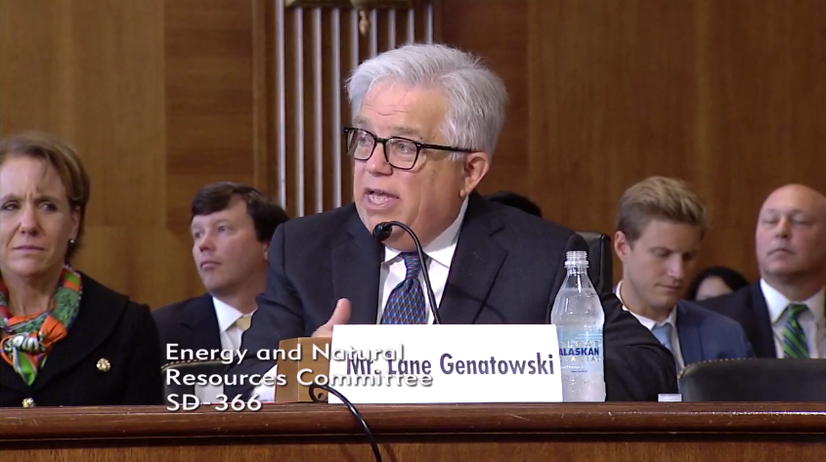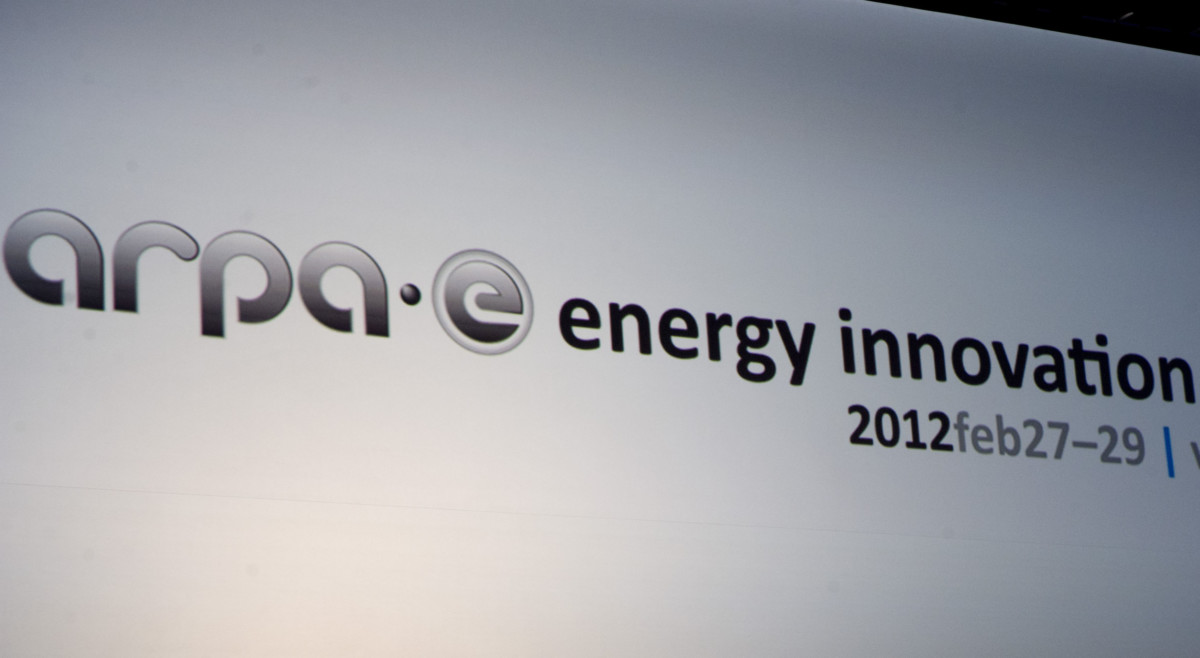
A nominee to head a cutting-edge research program in the US Department of Energy (DOE) is personally invested in various natural gas-based utilities and gas pipeline companies.
In July, the Trump administration announced the nomination of Lane Genatowski to head the Department of Energy’s Advanced Research Projects Agency-Energy (ARPA-E), which tries to bridge the gap between basic research and the commercialization of breakthrough energy technologies and is modeled after the Department of Defense program that led to the Internet and GPS.
While prior ARPA-E directors have usually been established scientists, Genatowski is an investor with virtually no technical background in energy technology development.
Genatowski, who is awaiting final Senate confirmation, formerly worked at J.P. Morgan Chase and currently runs Dividend Income Advisors LLC, a Houston-based company that invests heavily in utilities. According to his personal financial disclosure, which was obtained by DeSmog, Genatowski is invested in a variety of gas and electric utilities, as well as companies promoting gas pipelines.
According to the disclosure, Genatowski received dividends last year through an IRA from a dozen companies in the energy industry: American Electric Power, Ameren Corp, Avista Corporation, CMS Energy, Consolidated Edison, Entergy, Eversource energy, One Gas Inc., Southwest Gas Holdings, Vectren Corp, Excel Energy, and Alliant Energy. Genatowski also profited from investments in New Jersey Resources and UBI Corporation, two partners in the PennEast gas pipeline. UBI currently has several other Marcellus shale pipeline projects and liquefied natural gas (LNG) facilities.
In his ethics agreement, Genatwoski has vowed to divest these stocks within 90 days of his confirmation.
But do his personal investments in fossil fuels portend a bent toward these sources of energy as head of ARPA-E?
“There could be an appearance of a conflict of interest if he would steer programs to the sectors he has an affinity with — although you do need to give people the benefit of the doubt in that sense,” said MIT management professor Pierre Azoulay, who served on a National Academies of Sciences, Engineering, and Medicine committee that published a 2017 report on ARPA-E’s work.
“But the bigger concern is that he has low technical expertise. ARPA-E’s head needs to have the professional credibility to hire and retain skilled program managers, and it’s hard to see that he has the background to attract and keep the talent at the agency. This is what I find most worrisome.”

Professor David Hart, Director of the Center for Science, Technology, and Innovation Policy at George Mason University, has also studied ARPA-E. He too is less concerned about Genatowski’s own investments than he is about his background.
“The numbers in the disclosure forms are not very big,” said Hart. “But his career has been about assessing investments in incumbent companies and their financial performance, generally in oil and gas sectors, and ARPA-E is about investing in potential game-changing technologies, including many that might challenge incumbents. These are very different kinds of judgments. I’m not saying that he can’t do it well, but his track record does not provide any insight into how well he might do.”
The backdrop to Genatowski’s nomination is an overall uncertainty over the future of the very agency he’s supposed to lead. The Trump administration has already tried to eliminate or considerably downsize ARPA-E, only to be rebuffed by Congress, which approved its $366 million budget.
It’s precisely this context which concerns experts such as Hart.
“I worry that the White House intends to continue to undermine ARPA-E and could see Genatowski as a channel for doing so, even though Congress has rejected its budget proposals twice and even though Genatowski made clear in his confirmation testimony that he supports the agency’s mission. So I think we need to keep a close eye on the agency, especially its new programs.”
Emails and calls requesting comment from Lane Genatowski’s office went unanswered.
Press freedom is under attack
As Trump cracks down on political speech, independent media is increasingly necessary.
Truthout produces reporting you won’t see in the mainstream: journalism from the frontlines of global conflict, interviews with grassroots movement leaders, high-quality legal analysis and more.
Our work is possible thanks to reader support. Help Truthout catalyze change and social justice — make a tax-deductible monthly or one-time donation today.